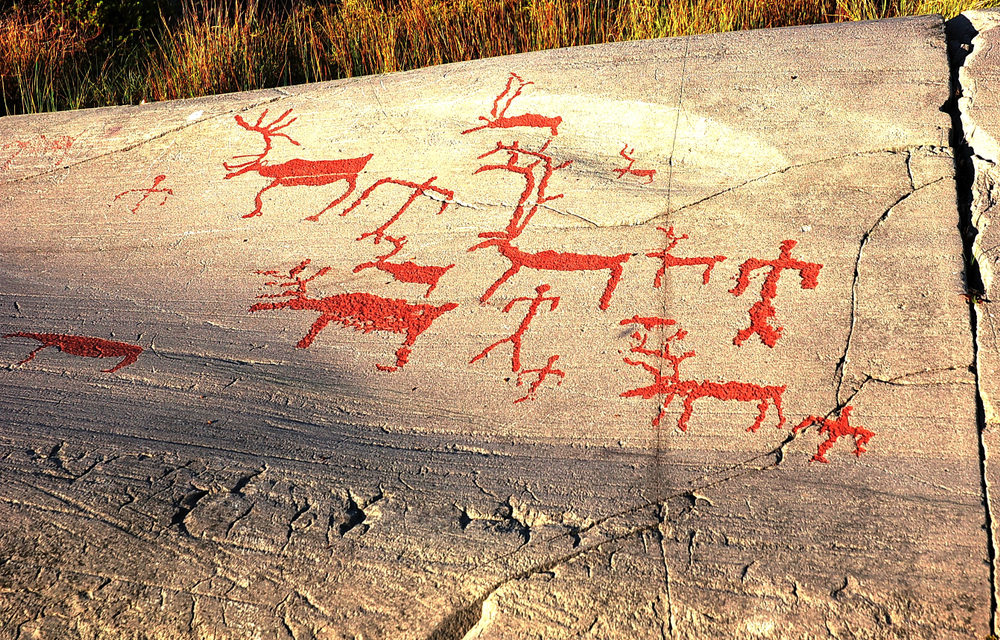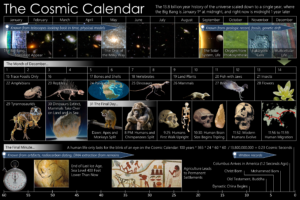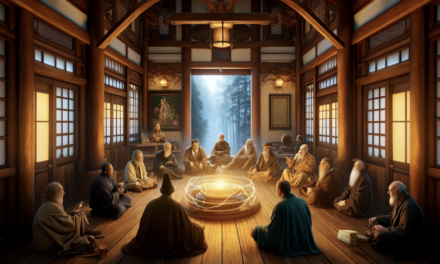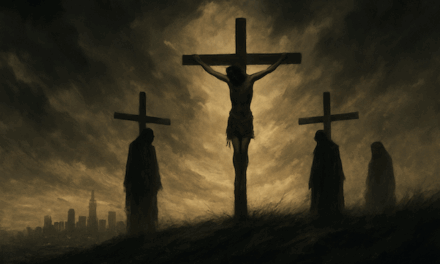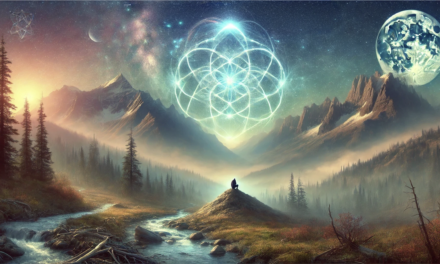&UIn a well-known hymn dating from 1708, Isaac Watts wrote:
“A thousand ages in thy sight
Are like an evening gone;
Short as the watch that ends the night
Before the rising sun.”
He was definitely onto something.
Our generation is the first that has been able to tell the story of the cosmos (from its origins at the ‘Big Bang’ to the universe we know today) in a form that is substantiated by reliable scientific evidence.
Sagan, of course, was writing for a general audience whereas Watts’ hymn was written to form a part of Christian worship. It isn’t immediately obvious to link the two. Yet making this connection opens up a perspective on the Bible and on the life and mission of Jesus that is highly relevant to our social, economic and political life today. (This is quite possibly also true of other great religions of the world today, but my own understanding is as a Christian who is also a social scientist and I am not familiar enough with other religious traditions to speak about them with any confidence.)
If we tell the story of Jesus’ historical significance in terms of the Cosmic Calendar, it sounds something like this:
“Imagine that exactly a year ago, in a single unique act of creation, the universe in which today we live, move and have our being flared forth into existence. Within a month the first stars had been formed, and by May galaxies such as our own Milky Way had developed. By September our own solar system had formed, including our home planet Earth, and soon afterwards the first living cells appeared. During October some cells on earth developed the ability to transform sunlight into oxygen, and thus capture the sun’s energy in forms that would feed and sustain life on earth. In the course of December, complex life as we know it came into existence, with the dinosaurs showing up on 25th, and bowing out on 30th, leaving space for mammals to thrive.

Our first human-like ancestors started to walk upright on the African Savannah at about 9.25pm on 31stDecember (today in our story). Shortly afterwards, by 10.30 this evening, our brains had roughly tripled in size as we began to live in much larger troops and our social relationships became more complex. Just a few minutes ago, between 11.56 and 11.59 we migrated out of Africa, and spread out all over the world. It’s during the last minute that things have become really interesting, with the pace of change becoming more and more rapid. 45 seconds ago the last ice age ended and 22 or 23 seconds later, we first learned how to farm crops and domesticate wild animals. This allowed us to live in permanent settlements, complete with elites and surpluses of resources. Eventually, this even led to writing, culture, city-states, civilisation, kingdoms and empires.
Six seconds ago, in Palestine, the people of Israel began writing the scrolls that would end up as the Jewish Bible These recorded their quest to understand their relationship with the creator of all reality, and what it all meant. Among them were prophets, who warned that the social injustice embedded in humanity’s way of life would have catastrophic consequences. About two seconds later, a young Jewish teacher and healer named Jesus scandalized society by mixing freely with groups of previously excluded people. He even kept table fellowship with them, embodying, as he himself described it, the creator’s love for all his creation. He recognised that he posed a threat to the fabric of society and warned his followers of the inevitable response: the powers-that-be would execute him for leading the faithful astray and for preaching sedition against the Roman Empire. And that is precisely what happened. He had become a ‘scapegoat’, sacrificed to maintain the cohesion of society.
Surprisingly, that wasn’t the end for his followers. They experienced Jesus raised up to new life, as a sign that he had been vindicated by the creator. So vibrant was their faith, and so persuasive their new way of life, that even the Roman Empire itself adopted this new set of beliefs as the State’s official faith. By doing so, the church became enrolled into a life of hierarchy and inequality similar to that which the prophets and Jesus had protested against so strongly.
During the final seconds of our year these warnings have continued to go unheeded. Not only that, but the development of science-driven technology has enabled human empires to flourish and grow at breath-taking speed. Humanity has filled the whole earth to its full capacity. Our commercial and national empires now wield such massive technological, military, commercial and social power, that they are depleting the earth’s store of limited resources much faster than they can possibly be renewed or replaced. So fast, in fact, that they are threatening the earth’s ability to support and sustain the human species. Physical evidence from scientists has now been added to the social warnings of the prophets and Jesus. Humanity’s neglect of social justice, personal wholeness and ecological integrity is now threatening humanity itself if not with extinction, at least with an enforced loss of much of the way of life that we all currently enjoy.”
This way of telling the story sheds light on the Christian scriptures themselves in the light of an evidence-based story of cosmic development, rather than narrating the story of creation from the viewpoint of scripture. It turns the story inside-out, but unlike the stand-off between fundamentalist Christianity and militant atheistic scientism, it provides a ‘meeting place’ where Christianity and Science can talk to each other in constructive dialogue. It also recognises the shared interest that both Christians and secular society have in talking constructively to each other about the relationship between humanity and the rest of the earth community.
It may well be that such a story will be strongly resisted, both by the church who will measure it against the yardstick of ‘divinely inspired scripture’ and by a secular society which has a habit of shrugging off unwelcome warnings. After all, we place great faith in technology’s ability to solve even the most challenging problems, and there is a widely held view that religion itself contributes to society’s problems,
The need for a dialogue involving the whole global community has never been more urgent, and surely such a dialogue should incorporate the very best insights from all sources of knowledge and wisdom. If we can’t or won’t bring such a dialogue about then I fear that humanity’s brief reign on earth when seen against the “thousand ages” of the cosmos’ existence, may turn out to be a very short “evening gone” indeed — quite possibly followed by a nasty hangover.

